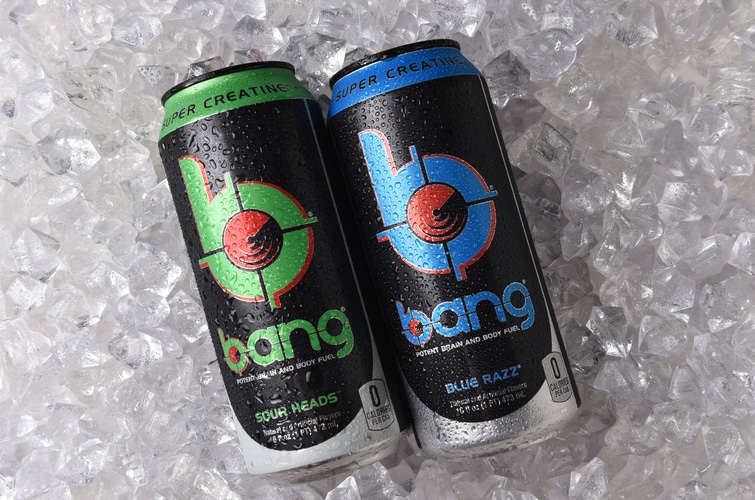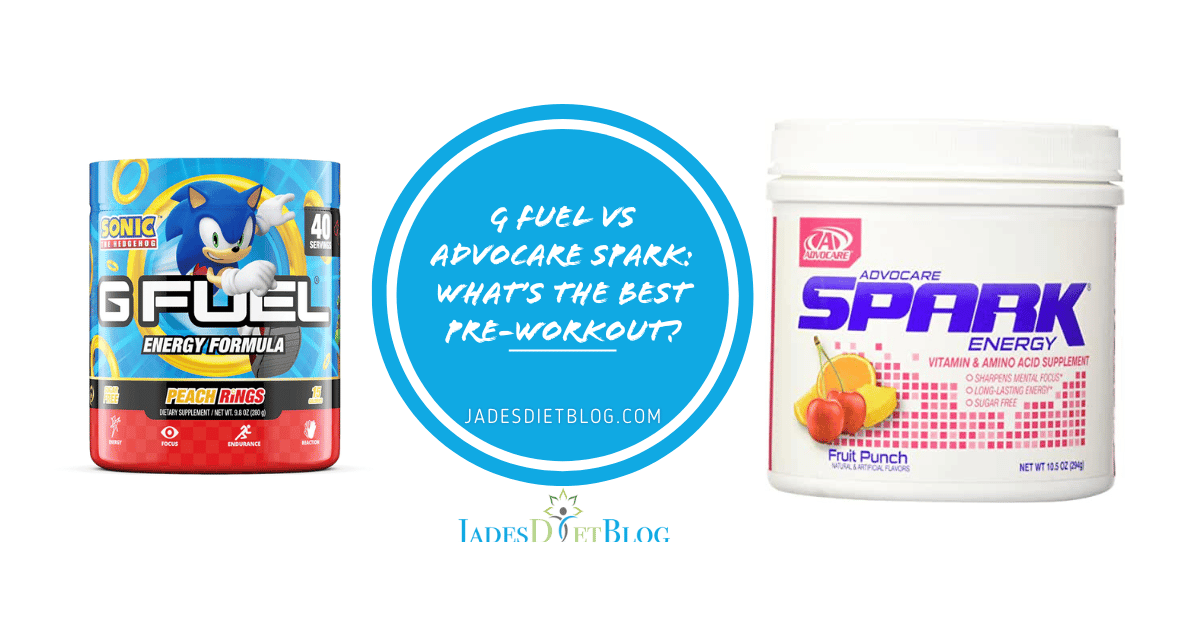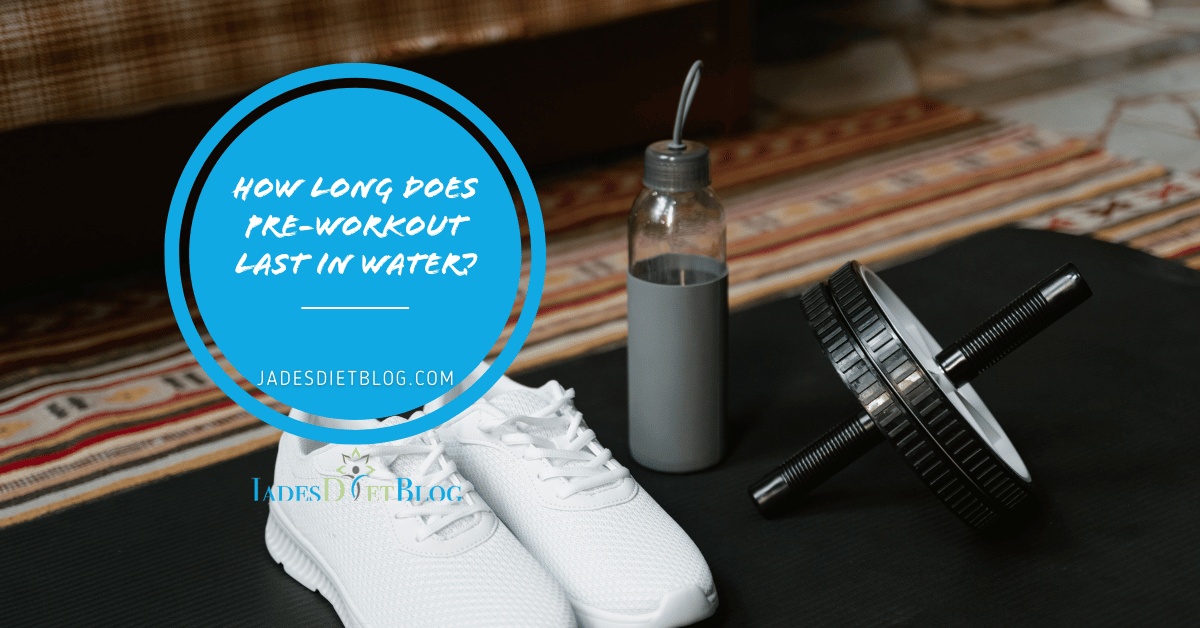Bang has been a controversial drink ever since it was released. It’s known for its high caffeine content, which has led to people questioning its safety. But one of the most common questions we get asked is “Does Bang have creatine?” The short answer is no, Bang does not have creatine. However, the long answer is a little more complicated than that.
In this blog post, we will explore the truth about Bang and creatine. So that you can make an informed decision about whether or not you want to drink it.
Contents
What Is Bang Energy Drink?
Bang energy drink is a natural energy drink that is made with B-12, caffeine, and other minerals and amino acids. It is designed to help you stay energized and focused throughout the day. With zero calories and zero sugar, the bang energy drink is perfectly healthy for those looking for a boost during the day or after a late-night gym session. The drink should never be consumed before bedtime.
Is bang energy drink healthy? Bang energy drink is a high-energy drink that contains 300 mg of caffeine, no sugar, and no calories, along with other trace elements, preservatives, and artificial sweeteners. It also has ingredients like super creatine and vitamins to give you an extra boost during the day and comes in a 16-ounce can.
The drink also provides "clean energy" and aids in focus and mental clarity. Some of the most common side effects associated with using a bang energy drink include jitters, headaches, and anxiety. While it's easy to see that the drink provides a boost in energy, it's important to note that moderate usage is key when taking care of yourself.
What Is Creatine?
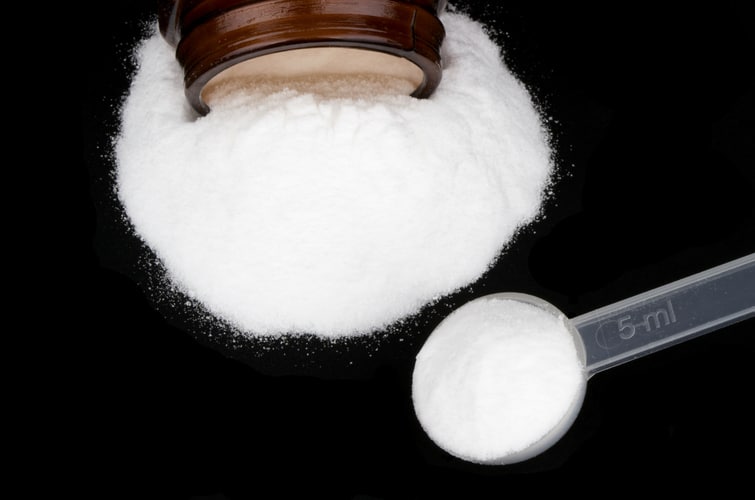
Creatine is a substance that is found in the body, mostly in the skeletal muscle. It is produced in the liver and kidneys from amino acids. Creatine is transported to the muscles through the blood. Once it reaches the muscles, creatine is converted into phosphocreatine (PCr). PCr is used by the cells for energy production during exercise.
Creatine has been shown to increase muscle mass, strength, and power. It also helps to improve recovery from exercise and reduce fatigue. It is most commonly used by athletes or bodybuilders as a supplement to help increase their performance.
Creatine is a compound that is naturally produced in the body, mostly in the liver. It plays an important role in energy production and muscular contraction. The body stores creatine in the muscles in the form of phosphocreatine. When ATP (adenosine triphosphate) levels are low, creatine is used to regenerate ATP levels by converting ADP (adenosine diphosphate) back into ATP. This process requires energy, which is why creatine is often used as a supplement to improve exercise performance.
While creatine is naturally produced by the body, it can also be found in certain foods, such as red meat and fish. However, it is difficult to obtain enough creatine from diet alone, which is why many people choose to take supplements.
What Are The Benefits Of Creatine?
Creatine is a naturally occurring compound found in the body and brain. It is most commonly found in skeletal muscle, but it can also be found in the brain, heart, and other organs. Creatine helps to provide energy for short bursts of activity, such as during exercise. There are many benefits of creatine supplementation, including:
Increased Performance
Creatine supplementation has been shown to increase performance in both short-term (hours to days) and long-term (weeks or months) endurance exercises. This is likely due to increased energy production, which allows you to work harder for longer periods.
Reduced Muscle Damage
Creatine can reduce the amount of damage that occurs during exercise by helping to preserve muscle fibers. This preserves strength and function over time and can help reduce the likelihood of future injuries.
Enhanced Recovery
Creatine has been shown to enhance recovery from workouts by helping to restore ATP levels quickly after intense training sessions. This allows your muscles to repair more quickly and minimizes the likelihood of future injury or weakness.
Enhanced Mental Performance

Studies have shown that creatine can improve mental performance by enhancing cognitive function and reducing anxiety levels. Additionally, creatine may help improve focus and concentration abilities.
Does Bang Have Creatine?
Creatine is a naturally occurring amino acid that helps supply energy to cells in the body. It is most commonly found in red meat and fish. Most energy drinks could contain small amounts of this compound. However, bang energy drinks do not contain creatine. Instead, they contain creatine-L-leucine, aka super creatine, which is a form of creatine bonded with leucine.
There is about 5 mg of this super creatine in Bang. Super creatine is a form of creatine that is bonded with the amino acid L-leucine. It was patented by John Owoc, the owner of Bang energy drinks.
According to a study, this compound does not work as a bioavailable form of creatine and will not lead to any accumulation in muscle cells, brain tissue, or plasma. Of course, just because creatine is on the ingredients list, it doesn’t mean that there is a high enough concentration of the product for it to be effective.
This is where Bang has an issue. Not only does the creatine in Bang lack a bonded partner like L-Leucine but when you add this to the fact that there is no disclosed dosage of the product, it makes it difficult to tell if creatine is even present at all.
How To Take Creatine For Best Results
If you are looking to improve your workout performance and want to take creatine, there are a few things you should know to get the best results. First, it is important to understand what creatine is and how it can help you. Creatine is a substance that is found naturally in the body, and it helps to supply energy to cells.
When you take creatine as a supplement, it can help to increase your energy levels and enable you to work out for longer periods.
To get the most out of taking creatine, it is important to follow the instructions on the package carefully. You will typically need to take between 3-5 grams of creatine per day, depending on your weight and goals. It is best to spread out your dosage throughout the day and take it with meals or after workouts. Additionally, make sure that you are drinking plenty of water when taking creatine, as it can cause dehydration if not enough water is consumed.
If you stick to these guidelines, you should start seeing improved workout performance within a few weeks of taking creatine. Remember that everyone responds differently to supplements, so don’t be discouraged if you don’t see results immediately – give it some time and be consistent with your dosages.
How Much Creatine Should You Take?
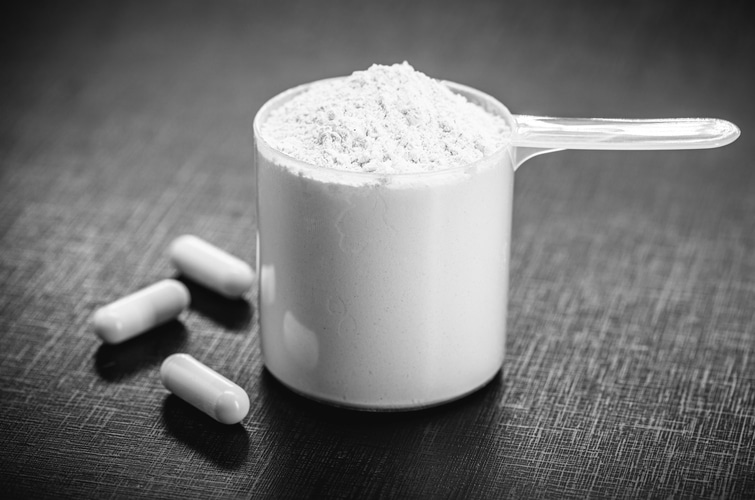
There is no definitive answer to this question. The recommended dose of creatine varies depending on your age, weight, and fitness level. As with all supplements, it’s important to speak with a health professional before beginning a creatine regimen. However, research on creatine supplements has shown different dosing recommendations, and some are used for athletic performance.
Depending on your needs, the best guidance might be to start with around 10 grams of creatine a day, then increase it to 20 grams per day and then maintain it with 2 grams to 5 grams daily dose. If you are considering taking creatine, it is important to do your research and speak with your doctor to see if it is right for you.
There are potential side effects of taking creatine, such as gastrointestinal issues, so it is important to be aware of these before starting supplementation. Overall, creatine appears to be safe for most people, but it is always best to consult with a healthcare professional before beginning any new supplement regimen.
What Are The Side Effects Of Creatine?
Creatine is a substance that occurs naturally in the body and helps to supply energy to muscles. It has been used by athletes for many years in an attempt to improve performance. The idea behind using creatine as a supplement is that it can help the body to produce more energy, leading to improved performance.
There is some evidence that creatine may be beneficial for people who are trying to build muscle or improve their athletic performance. However, there is also some concern that it may have harmful side effects, especially when used in high doses or for long periods. As a result, it is important to weigh the potential risks and benefits of taking creatine before making a decision.
Creatine has been studied extensively and no serious side effects have been reported in healthy adults. Some people may experience gastrointestinal discomfort, such as cramping, diarrhea, or nausea, when they first start taking creatine supplements. This is usually due to the increased amount of water that is drawn into the muscles when creatinine is present. These side effects are typically mild and go away with the continued use of creatine.
In rare cases, more serious side effects have been reported with creatine supplementation, such as kidney damage or liver damage. If you have any pre-existing health conditions, it is important to speak with your doctor before starting any supplement regimen, including creatine.
Conclusion
Bang has been a popular creatine supplement for years now, and many people are convinced that it works. But does it have creatine in it? The answer is no, and this is something that you need to be aware of before using Bang.
Not all supplements are created equal and not all of them contain the ingredients that they claim to. Before investing in any type of supplement, make sure you do your research first to ensure that what you're buying is effective.If you are considering taking creatine, it is important to do your research and speak with your doctor to see if it is right for you.
There are potential side effects of taking creatine, such as gastrointestinal issues, so it is important to be aware of these before starting supplementation. Overall, creatine appears to be safe for most people, but it is always best to consult with a healthcare professional before beginning any new supplement regimen.
